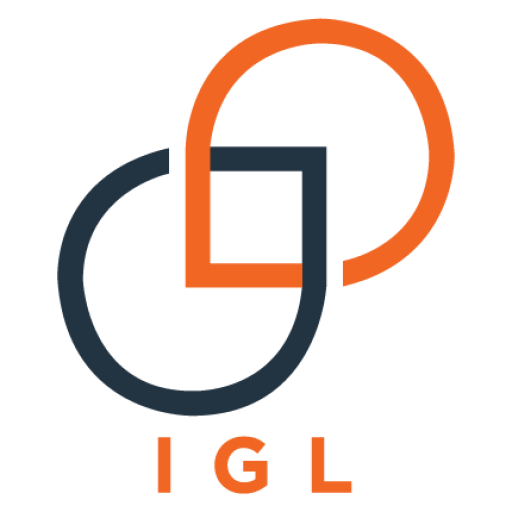
Challenging Preconceptions through Study Abroad
August 15, 2023
Study Abroad Prospects in Karachi
August 18, 2023Learning another dialect can be both invigorating and testing, and with regards to the German language, understanding its sentence structure is fundamental for building areas of strength a. In this blog aid, we will investigate the vital parts of German language sentence structure, zeroing in on the principal ideas that fledglings need to get a handle on. Furthermore, we will feature the IGL Institute of German Language as the best establishment in Karachi to leave on your excursion of mastering German sentence structure and talking abilities.
I. The Basics of German Sentence Structure:
German sentence structure follows a particular example known as Subject-Action word Item (SVO). In contrast to English, where word requests can be adaptable, German sticks to a particular request that guarantees lucidity and successful correspondence.
II. Pronouns and Cases:
German utilizes four syntactic cases: Nominative, Accusative, Dative, and Genitive. Cases decide the job of things, pronouns, and articles in a sentence. Understanding the right case is fundamental for legitimate sentence development.
III. Verbs and Conjugation:
Action words in German are formed in light of the subject, tense, and state of mind. Ordinary action words follow unsurprising examples, while unpredictable action words require retention. Tenses incorporate present, past, and future, each with particular formation rules.
IV. Adjectives and Word Endings:
Modifiers in German change in light of the orientation, case, and number of the thing they adjust. Modifier endings mirror the thing’s linguistic job inside the sentence.
V. Prepositions and Their Cases:
Relational words in German are much of the time followed by unambiguous cases (accusative, dative, or genitive). Learning the fitting case for every relational word is critical for precise correspondence.
VI. Word Request Varieties:
While German follows an SVO design, word requests can change for accentuation, questions, and subject conditions. Understanding these varieties adds profundity and subtlety to your correspondence.
VII. Negation and Questions:
Shaping negative sentences and posing inquiries includes moving word requests and utilizing assistant action words. These progressions are fundamental for successful correspondence in German.
VIII. Subordinating Clauses:
German as often as possible purposes subjecting statements to give extra data or setting. Understanding how to associate fundamental and subjecting conditions improves your composition and talking abilities.
IGL Institute of German Language:
The IGL Institute of German Language offers fledgling cordial courses that dive into German punctuation in an organized and open way. Master educators guide understudies through the complexities of German punctuation, guaranteeing a strong comprehension of ideas and useful application, in actuality, and circumstances.
Dominating German language syntax is a crucial stage in turning into a sure and compelling German speaker. The IGL Institute of German Language in Karachi is devoted to giving the best language opportunity for growth. By signing up for IGL’s courses, you get close enough to master direction, an extensive educational program, and a steady learning climate that enables you to overcome the intricacies of the German language. Join the IGL Institute of German Language to set out on your excursion to etymological capability and open a universe of chances for individual, scholarly, and proficient development.




